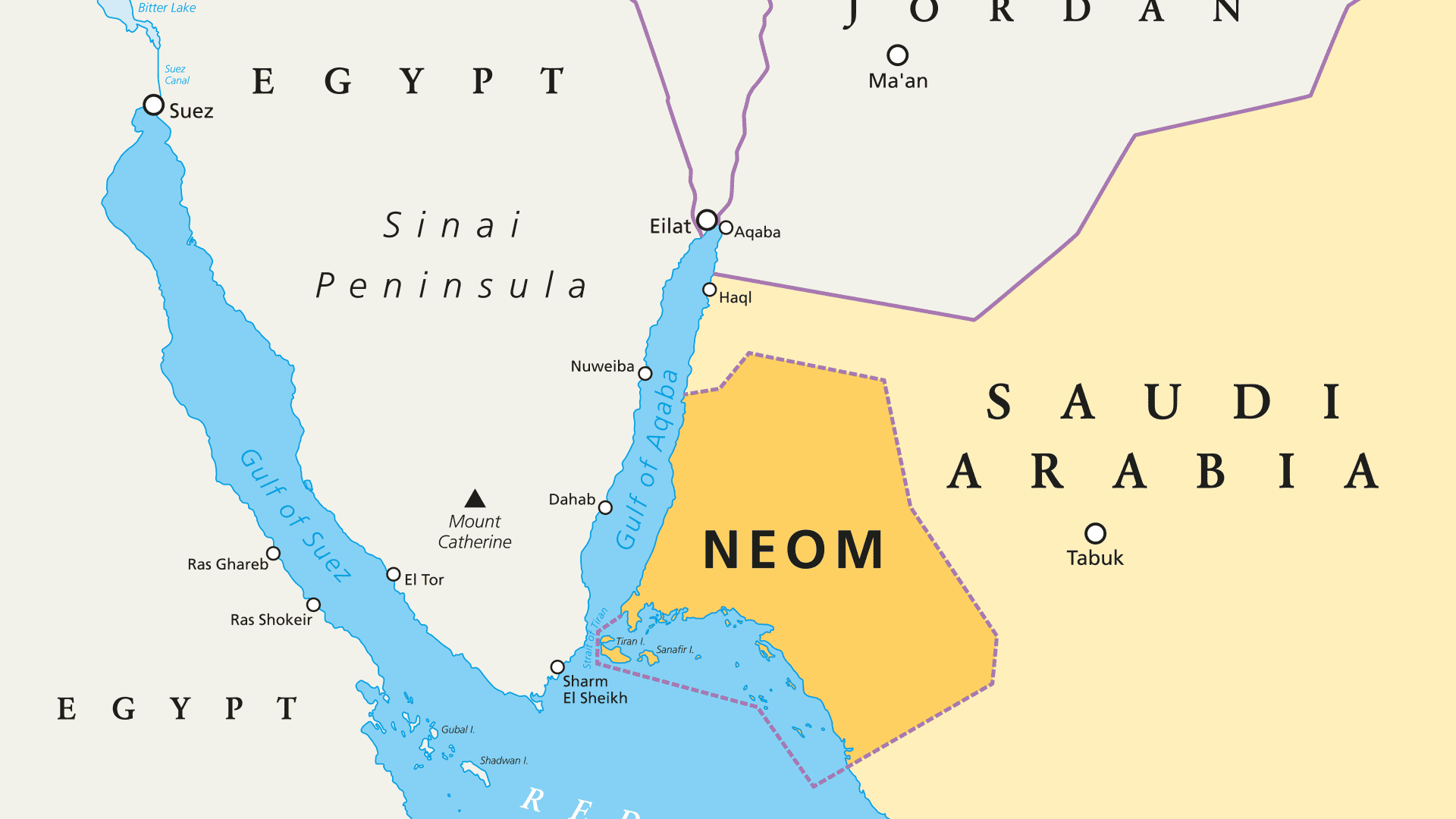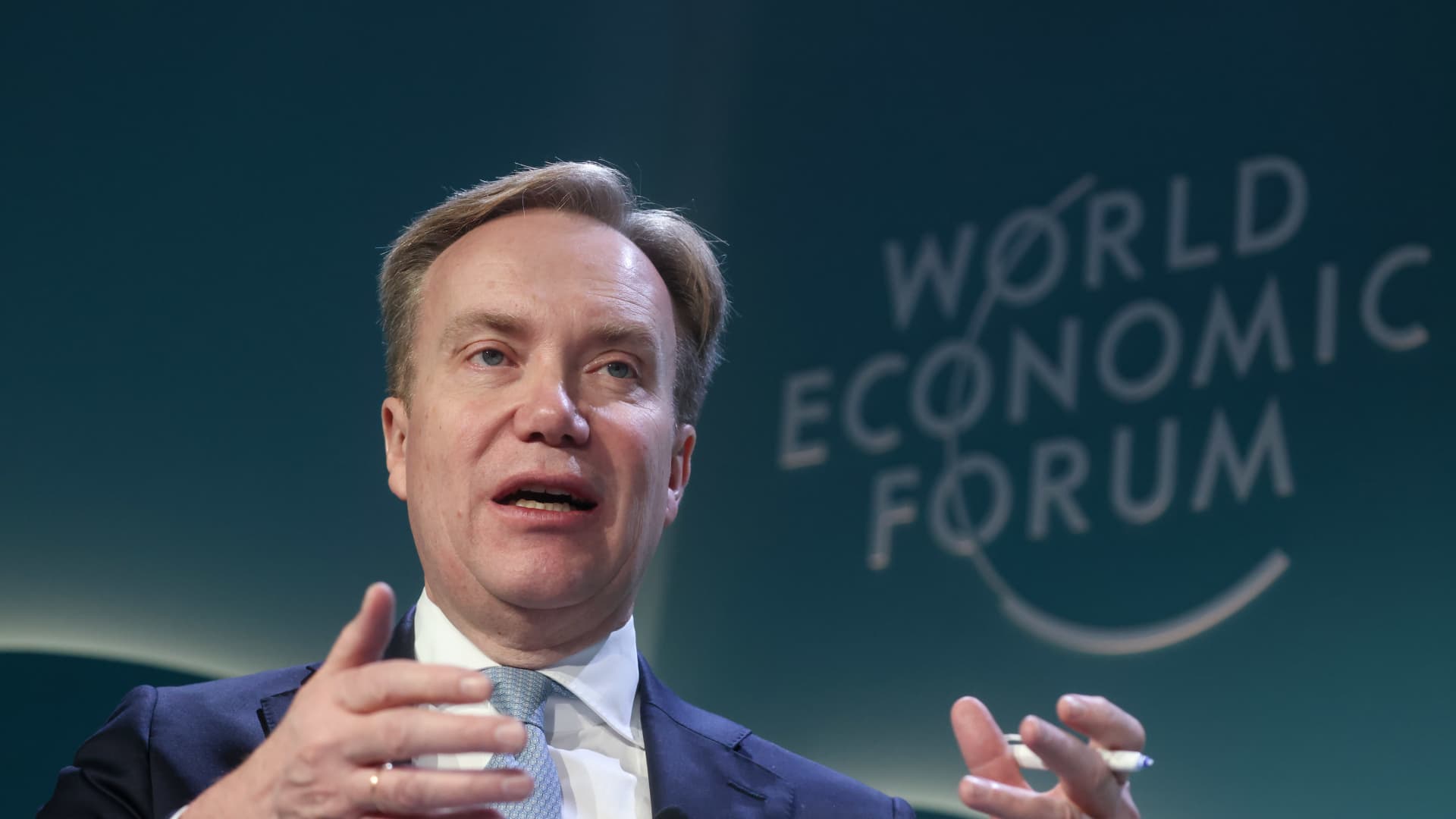At a meeting outside Paris last week, top officials from France, Germany and Italy pledged to pursue coordinated economic policies to counter increased efforts by Washington and Beijing to protect their own domestic companies.
The three European countries have joined the parade of other countries enthusiastically embracing industrial policy – the collective term for a variety of measures such as targeted subsidies, tax incentives, regulations and trade restrictions – aimed at managing an economy.
More than 2,500 industrial policies were introduced last year, about three times as many as in 2019, according to a new study. And most were imposed by the richest and most advanced economies – many of which had previously faced criticism of such tactics.
The measures are generally popular domestically, but the trend is worrying some international leaders and economists, who warn that such top-down economic interventions could lead to a slowdown in global growth.
The heightened debate is sure to be on display at the economic Lollapalooza that opens Wednesday in Washington – also known as the annual spring meetings of the International Monetary Fund and the World Bank.
“There are different ways to shoot yourself in the foot,” M. Ayhan Kose, the World Bank’s deputy chief economist, said of the trend of rich countries pursuing industrial policies. “That’s one way to do it.”
And in a speech last week, Kristalina Georgieva, the IMF’s managing director, warned that except in exceptional cases, the case for government intervention was weak.
Whether and how intensively governments should try to control their economies has been hotly debated since the Industrial Revolution. However, the current wave of policies stands in stark contrast to the classic open markets and hands-off government ideology espoused by the citadels of capitalism in recent decades.
This belief in the superiority of free-market politics has been profoundly shaken in recent years by a series of global shocks—the pandemic, supply chain breakdowns, rising inflation and interest rates, Russia’s invasion of Ukraine, and rising tensions between the United States and China .
In many capitals, security, resilience and self-sufficiency, alongside growth and efficiency, were at the top of the list of economic policy goals.
After years of complaints about China’s subsidies to private and state-owned industries, the United States and Europe have increasingly adopted Beijing’s playbook, implementing multibillion-dollar industrial policies focused on critical technologies and climate change.
The United States passed two mammoth bills in 2022 to strengthen its domestic semiconductor industry and renewable energy sector. Europe adopted its own Green Deal industrial plan last year to accelerate the energy transition. Shortly thereafter, South Korea passed the K-Chips Law to support its semiconductor production.
“A few years ago, when I started as finance minister, you couldn’t say the words ‘European economic policy’ or ‘European industrial policy’,” said Bruno Le Maire, France’s finance minister, after the ministers’ meeting last week. meet.
The positive assessment of the approach has increased in recent years. A review of the issue by a team that included Dani Rodrik, a Harvard economist, concluded that the “recent series of papers generally offer a more positive view of industrial policy” than the traditional “knee-jerk resistance by economists”.
Joseph E. Stiglitz, a Nobel Prize-winning professor at Columbia University, has called industrial policy “a no-brainer.”
But many economists like Mr. Kose at the World Bank remain skeptical, arguing that most industrial measures will ultimately slow overall growth and make things worse rather than better.
In response to the recent wave of interventions, the IMF has issued new guidelines on when and how industrial policies should be implemented.
According to the IMF, there are gains if they are properly implemented and used to address an extraordinary market failure such as the dangers of climate change. This means clearly stating the social advantages such as the limitation of greenhouse gases, the broad cross-border dissemination of innovations and the avoidance of discrimination against foreign companies.
Much of the analysis, however, is concerned with how easy it is to get it wrong by misallocating or wasting money, giving powerful business interests too much influence over government decisions, or triggering a trade war that’s all stakes.
“The thing about this current resurgence is the reliance on costly subsidies,” said Era Dabla-Norris, an author of the analysis. And these are often “combined with other types of discriminatory measures against foreign companies”.
When protectionist measures distort global trade and investment flows, “the global economy loses,” she said.
Governments interfere in markets for all sorts of reasons – to prevent job losses, to stimulate investment in a particular sector, or to exclude a geopolitical competitor.
Of the 2,500 measures introduced last year, protecting domestic industries accounted for the largest share, followed by combating climate change or strengthening supply chains, according to a study in collaboration with the IMF. Policies citing national security as a motivation accounted for the smallest share of shares.
The data also suggests that when one country introduced a subsidy, there was about a 75 percent chance that within a year another country would introduce a similar subsidy on the same product.
As fears grow about Europe’s ability to compete with the United States and China, the European Union appears determined to push forward with more coordinated economic interventions – even if its members don’t necessarily agree on which ones.
France has proposed the most aggressive measures, including a provision to reserve half of public spending on industrial policy for products and services made in Europe, while Germany has been more skeptical of “Buy Europe” approaches.
But there is broad support for increasing financing, scrapping cumbersome regulations and promoting a single market for investment and savings.
In February, the European Parliament agreed to increase its own green industrial capacity, and in March the bloc adopted rules to ensure supplies of key raw materials and boost local production. Members also proposed a common strategy for the defense industry for the first time.
Economy ministers from France, Germany and Italy have met to develop strategies to boost green and digital technologies before EU leaders meet this year to adopt a new five-year strategic plan.
Now that “the term ‘industrial policy’ is no longer taboo,” said France’s Finance Minister Le Maire, “Europe must show its teeth and show that it is determined to defend its industry.”
Source link
2024-04-17 04:01:35
www.nytimes.com









